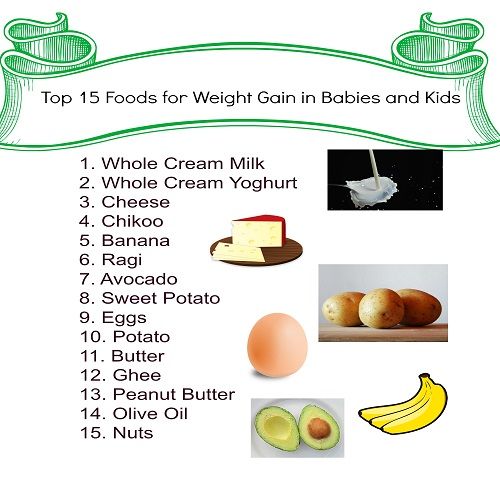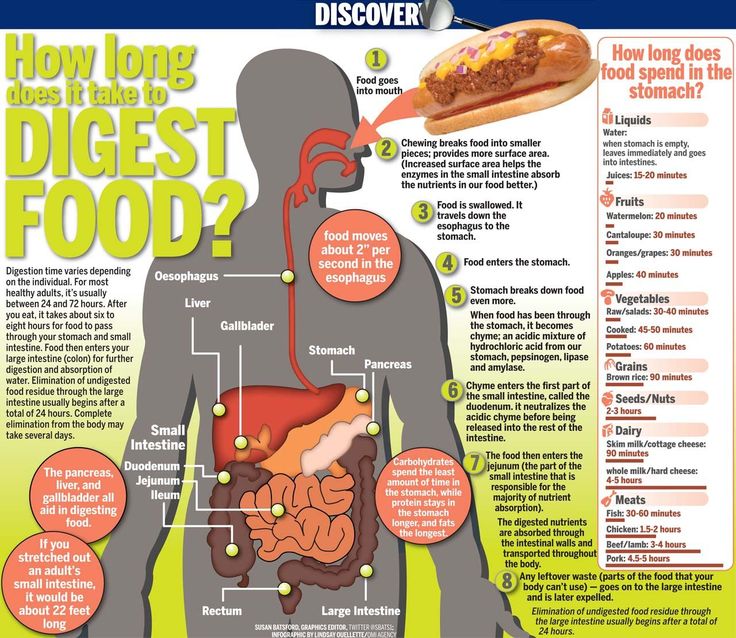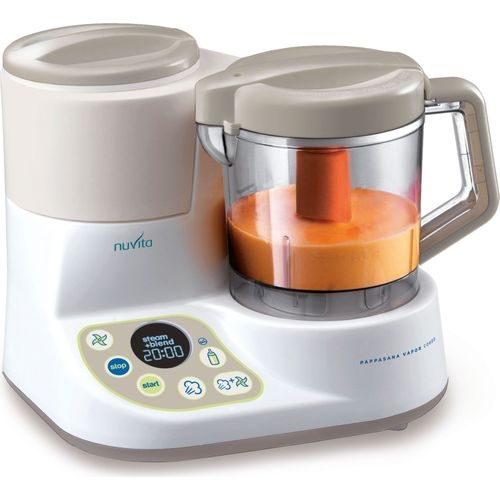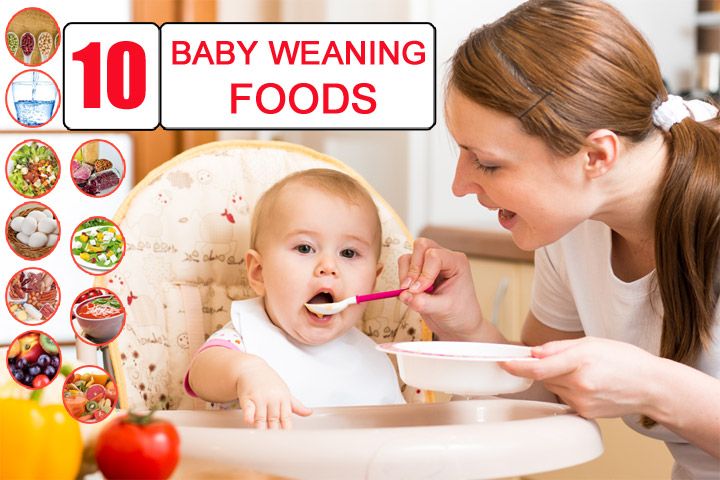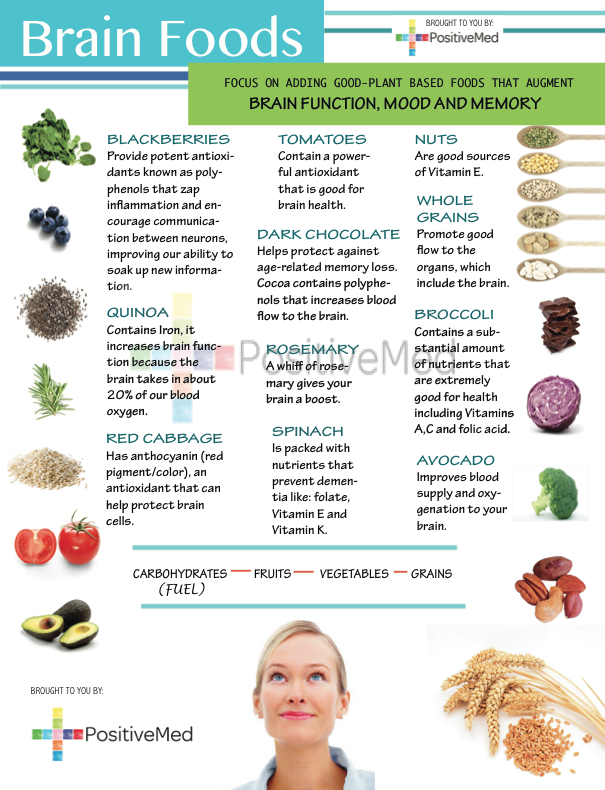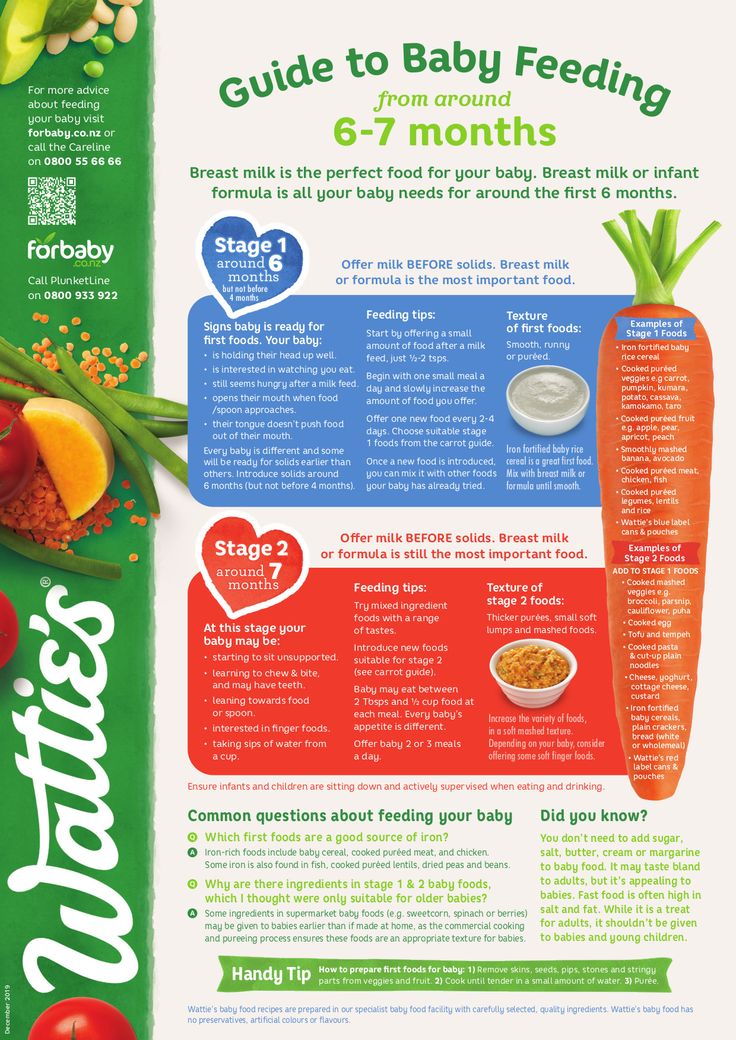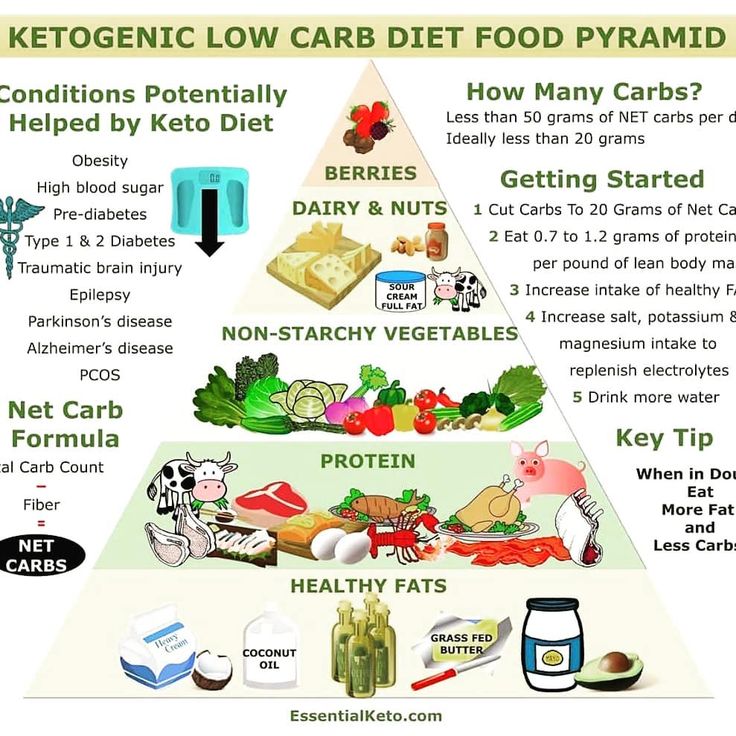Which food will increase baby weight
Best foods for weight gain in babies & toddlers (0 to 3 years)
This post has been updated with a new list of weight gaining recipes at the end of this post for toddlers – above 1 year old. Many readers have been asking for suggestions on best foods for weight gain in babies & toddlers. I have shared the tips that one can follow. If you are a new reader to this blog and have reached here looking for weight gaining foods or recipes for your little heart, please read this food chart for babies above 8 months.
I suggest following the recipes on the post as well for a good weight gain. I would also suggest to read the comments before posting your query here as similar queries may have been answered in the comment section below.
If you are looking for a food chart for baby around 6 months, you can refer this post on solids for 6 months baby.
Best foods for weight gain in babies & toddlers (0 months to 3 years)
1. Breast milk is one of the best foods for babies under 6 months to gain weight. Since mother’s milk is more nutritious than any other foods, it is good to exclusively breastfeed babies for the first 6 months.
If a baby is breast fed, mum needs to eat more nutritious foods to have enough milk supply and to increase the quality of milk.
To increase the milk supply in lactating mothers’ foods like milk, lentils (DAL), garlic, flax seeds (alasi in hindi or avise ginjalu in telugu), chickpeas (chana), almonds, whole grains, methi leaves, methi seeds, dill leaves (sabbasige soppu in kannada), fennel seeds (saunf), cumin (jeera) have been proved to be beneficial. One needs to include these in their diet moderately.
At least 2 protein rich meals and a breakfast should be included in the diet of a lactating mother. For vegetarians lentils / dal is a best protein rich food.
Chickpeas can be enjoyed by mums having babies older than 3 months. If using they need to be soaked overnight, soft cooked with turmeric and other Indian spices to prevent vata dosha.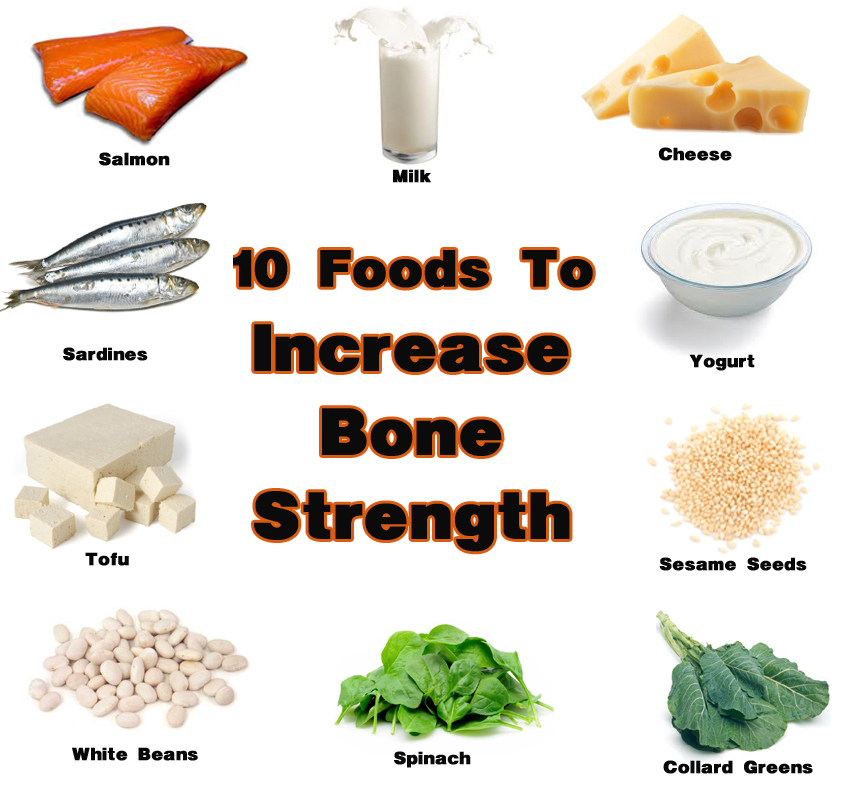
Traditionally gond ke laddu, dry fruits ladoos and copra ladoos were eaten by lactating mothers to improve the quantity and quality of breast milk. Here are some protein rich ladoos which you can try after consulting your elders.
Gond ke laddu
Dry fruits ladoo
Copra ladoo (or dried coconut ladoo)
Here is a simple homemade powder for increasing milk supply in lactating mothers. Dry roast equal quantities of cumin and fennel seeds till they turn aromatic. Cool them and grind to powder.
Mix ½ tsp powder in ½ tsp warm ghee and consume 30 minutes before food 2 to 3 times a day. Desi ghee works best. This can be consumed for 2 weeks, followed by a break for 4 to 5 days and then repeat the cycle.
This also helps to reduce colic in breastfed babies. A small portion of ajwain/ carom seeds can also be included.
2. There is also a wide population of women who are unable to breast fed due to medical or professional reasons, yet their babies tend to grow well in terms of height and weight.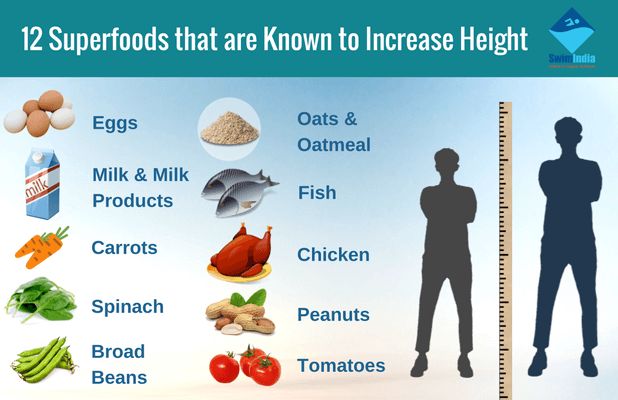 For babies who are not breast fed, Formula milk has been proved to be of great help.
For babies who are not breast fed, Formula milk has been proved to be of great help.
If your baby is over 6 months and you intend to stop breastfeeding, then choose a good formula milk with the help of your pediatrician. Formula milk is mostly balanced and has adequate nutrition which may not be available in dairy milk.
Formula milk helps to gain good weight in most babies, but one needs to be patient in trying out what works best for your baby. Many women express that formula milk is not good and hence should choose dairy milk.
Both have their own pros and cons. In the recent years, cows raised in farms are not grass-fed and are mostly on hormones either in their feed or injected to produce more milk. So it may be more unsafe than the formula milk.
A thorough research is conducted before any formula milk is sold in the market. So as a mother, you are the right person to choose between cow’s milk vs formula milk.
For babies above 12 months, fresh dairy milk can be used. Do not use milk that comes in tetra packs for babies and toddlers.
Do not use milk that comes in tetra packs for babies and toddlers.
3. Foods like potato, pumpkin, sweet potato, dal, ghee, ragi, almonds, yogurt, eggs and milk help the baby to gain weight. Please take a pediatricians’ suggestion before you start any of these foods. As always follow a 3 day test rule.
How to make mashed potato for baby ?
Always choose hard potatoes that do not have any sprouts grown over them. Sprouted or soft potatoes are not healthy to use.
Wash and peel off the skin of the potato. Cook potato in excess water either in pressure cooker or a rice cooker steam basket or in a pot. It should be soft cooked.
While it is still hot, take it to a feeding bowl and mash it to soft. Add the potato stock that was left after cooking to make smooth puree. using a small steel glass you can easily mash it.
Add a pinch of ajwain and ghee and serve it warm. The same way you can also make mashed sweet potato for baby.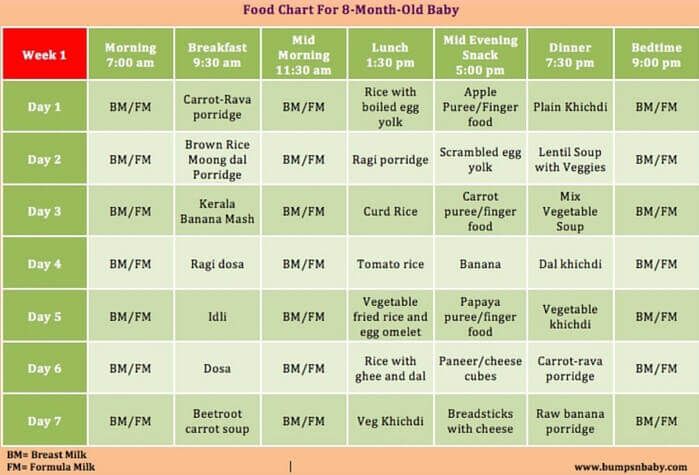 Best time to serve these is for breakfast or lunch.
Best time to serve these is for breakfast or lunch.
It can also be cooked along with rice to make a rice potato khichdi. You can find the recipe of sweet potato here (new post)
How much potato or sweet potato for baby?
7 months baby – 1 tbsp 2 to 3 times a week
8 to 10 months – 2 tbsp. 2 to 3 times a week
10 to 12 months – 3 to 4 tbsp. 2 to 3 times a week
toddlers- use your judgement . Can be served 5 times a week to daily.
Serve potato or sweet potato at least 2 to 3 times a week with little ajwain powder and ghee. Avoid when baby has tummy upset, colic or spit ups.
Moong dal and urad dal help a lot to gain weight in babies & toddlers. Urad dal is a power house of nutrients, high in calcium and protein and also EFA , essential fatty acids that help to develop the brain. So Idli is a very healthy food for babies.
Using urad dal make idli and serve with mild rasam or dal ka pani and ghee.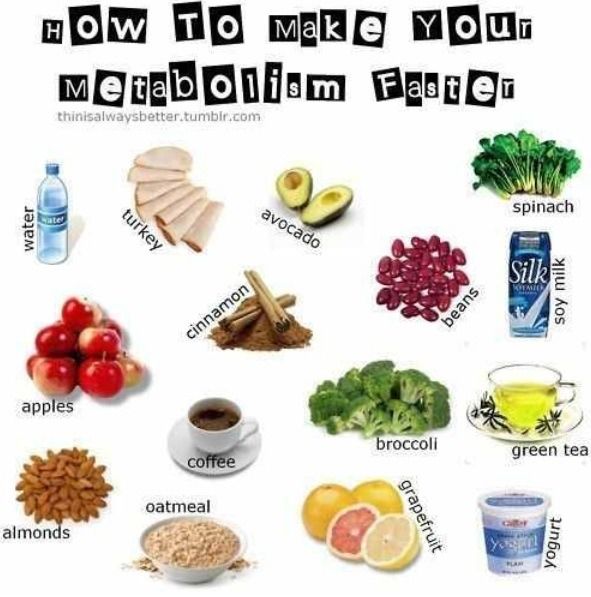 This can be fed daily. You can find the recipe of soft idli here and a rasam recipe for babies here.
This can be fed daily. You can find the recipe of soft idli here and a rasam recipe for babies here.
Include dal preferably moong dal or tuvar dal in lunch or breakfast every day. Do not mix dal with yogurt or milk. Just a simple vegetable dal rice khichdi works great for babies in gaining weight.
If your baby tends to get bored, change the vegetables used in the khichdi to give a different taste. You can find the recipe of dal khichdi here
Ragi porridge also helps to gain weight, it also strengthens the bones, teeth and helps for the overall development. Here is a complete post on how to introduce ragi to babies and how to make sprouted ragi flour for babies.
Yogurt and homemade paneer are also a good choice for babies over 8 months to gain weight. Serve yogurt alone or with brown rice and white rice in equal quantities.
I always used to make one cup curd separately for both my babies since it is not recommended to serve cold yogurt from the refrigerator.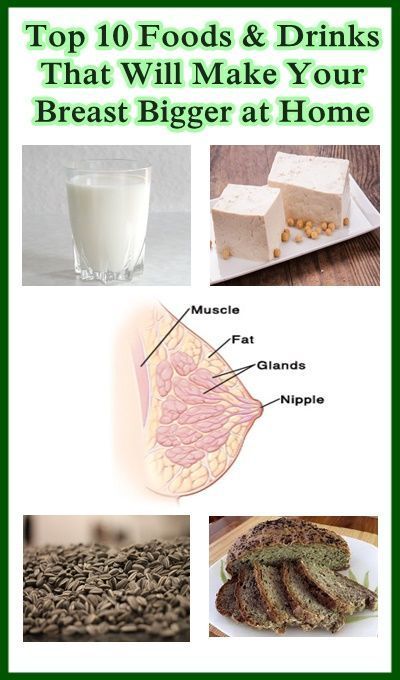 Also avoid serving in the evening or night.
Also avoid serving in the evening or night.
how much yogurt/ curd to serve for babies ?
2 tbsp homemade unsweetened yogurt/ curd can be fed to 8 to 10 months baby, 2 to 3 times a week (avoid during winters)
4 tbsp can be fed to a 10 to 12 months baby. 3 to 4 times a week (avoid during winters)
Eggs also help babies to gain weight. Prefer boiled eggs instead of scrambled eggs. There is a loss of nutrition in scrambled eggs especially the protein content.
you can find the recipe of homemade curd here.
How to feed egg to baby ?
Make a hard boiled egg. Remove the yolk and take small portion of it and mash it with a pinch of cumin powder, add very little water and mash the egg to blend it well with water. It should become a smooth paste.
how much egg for 7 months old baby ?
For a 7 months baby – Start feeding a tsp of the above said mashed egg yolk. It can be served 2 times a week.
For 8 months baby – a tbsp and then increase the quantity.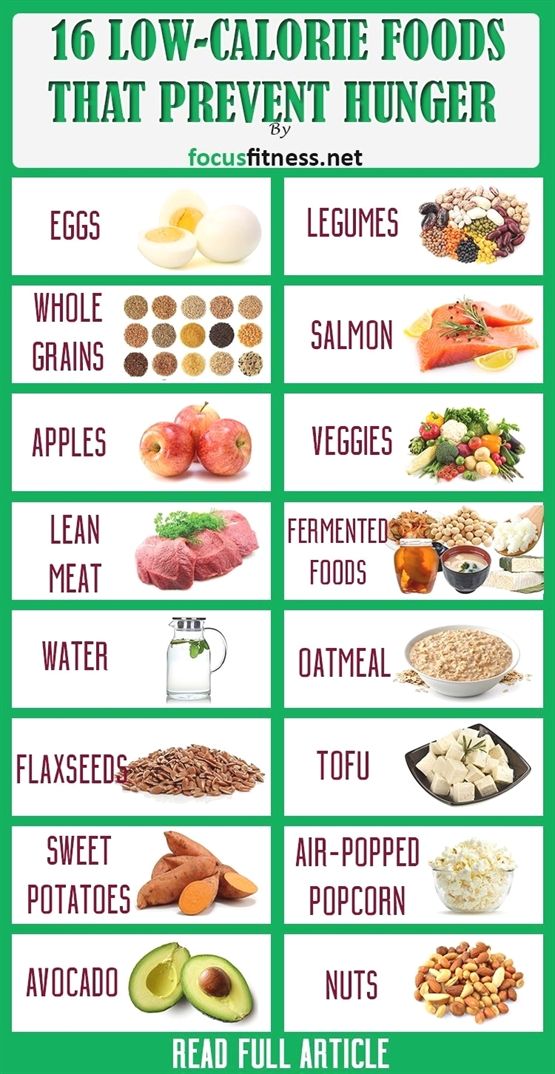
For 10 months baby – by the end of 12 months a baby can eat the entire mashed yolk.
Include banana, papaya, apple, pear and chikoo (sapota). Serve banana at least 4 to 5 times a week. We give the small variety banana to babies. Avoid it when baby has cold and phlegm.
Serve a warm apple sauce or apple oats when the baby has cold and congestion. Banana helps to gain weight and most fruits helps to digest foods better since they contain natural digestive enzymes.
The nutrients from other foods are better absorbed by the body when a good amount of fruits are consumed (the right way).
Follow the rule, of feeding fruit alone without mixing with other foods at least once a day. Strictly do not serve fruits and milk together.
4. Ghee also helps to gain weight – How much ghee to serve for babies and toddlers ?
Start with only few drops a day when you introduce ghee to your baby. Try using organic and grassfed or desi ghee. Desi ghee can be found in ayurvedic stores or can also be bought online.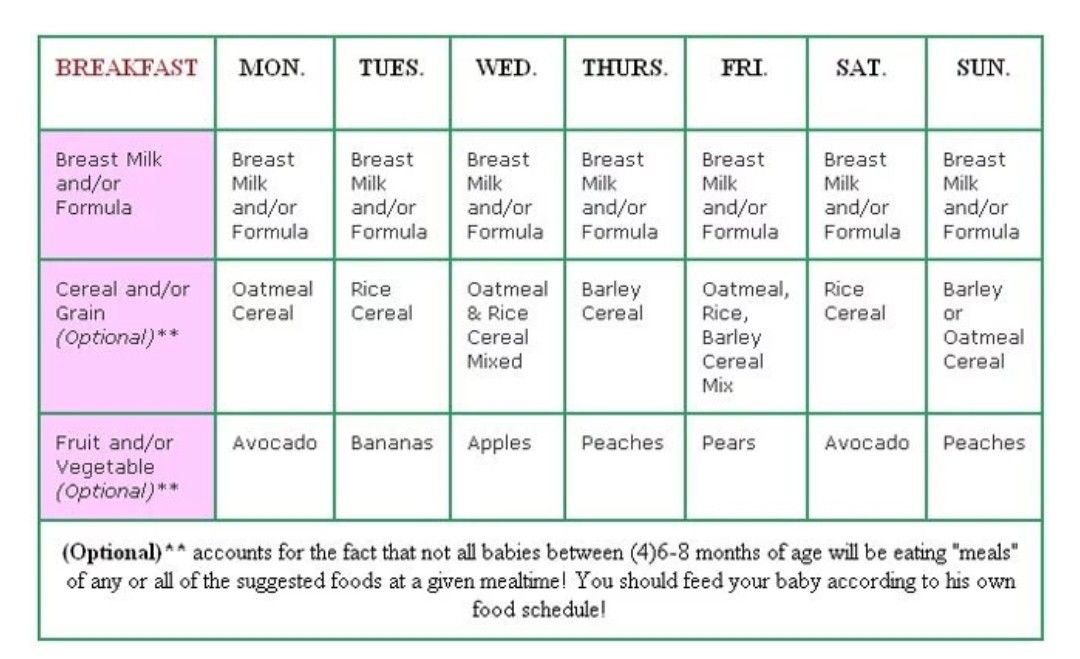
If you notice symptoms like coughing, itchy eyes or rubbing eyes or rashes stop it. Try with a new brand or try with homemade ghee. If your baby or toddler do not like the flavour of ghee, I suggest making ghee at home.
Just add few curry leaves towards the end when you make ghee at home, it adds a good aroma.
Excess usage of ghee may suppress the baby’s appetite, so use only as needed, a mother is the best judge. I followed the following measures for my babies and no cheese or butter was given to them.
If using butter then reduce the proportionate amount of ghee from the below mentioned quantity.
7 months ½ tsp ghee divided among 2 servings – start with only a few drops of melted ghee
8 months ¾ to 1 tsp ghee divided among 2 servings
10 months 1 to 1 ¼ tsp ghee divided among 3 servings
12 months on wards 1 to 1 ½ tsp ghee divided among 3 servings
Some babies may not digest fats in ghee well especially if formula milk, cheese, or butter are already a part of the diet.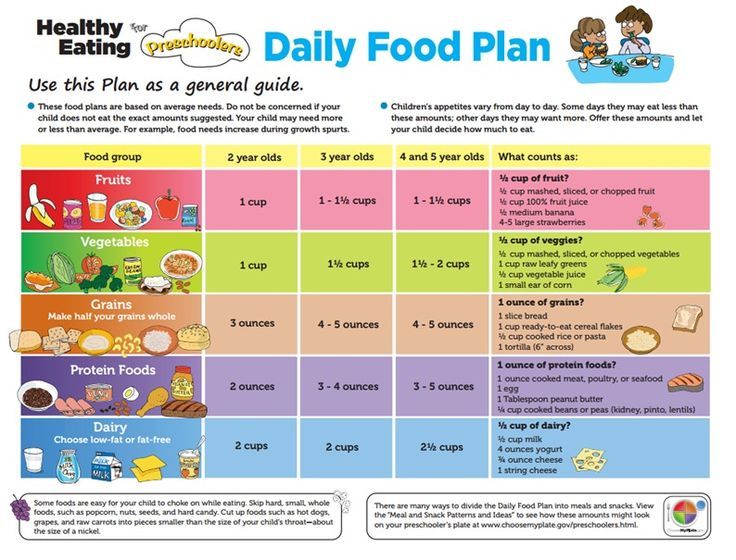 You can try with only half of the above quantity.
You can try with only half of the above quantity.
5. Can i use almonds / badam for my baby?
Experts advice not to introduce nuts to babies until 1 year as they may end up with severe allergies. So i would suggest waiting until your baby turns an year old especially if there is an history of allergy in your family.
However i have used almonds from 8 months for both my babies. Those who would like to try may start with almonds since these are the only kind of nuts that are slightly alkaline (apart from chestnuts).
Alkaline foods help us to keep our body healthy and energetic. Always try using soaked almonds. Soaking also increases the alkaline nature and hence digest well.
Soaking for about 5 to 6 hours also helps to peel the skin. They can be ground with little water and then used to cook baby foods like oats, ragi, rice etc.
6. Physical activity
Allow the baby to crawl freely, do not restrict your babies to prams or rocking chairs.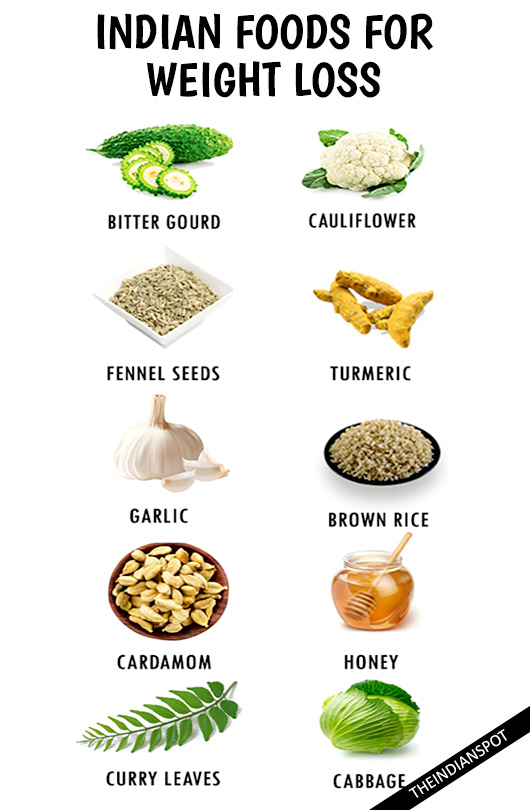 Being physically active helps babies feel hungry in time. They are less fussy and eat or drink well.
Being physically active helps babies feel hungry in time. They are less fussy and eat or drink well.
Burping is very important as it helps to relieve the babies from colic and they tend to drink better. Gently Burp before feeding, in between the feeds, Burp after the feed. Keep the baby in upright position for at least 15 minutes after a feed.
Foods for weight gain in toddlers (above 1 year)
Breakfast menu
Pesarattu with ghee
Idli with ghee (1:2 proportion) – use search box for idli recipe
Soft thick dosa with boiled mashed potato
Chick pea / chana soup
chana dosa (with steamed mashed carrots)
moong dal soup
carrot milkshake
oats uttapam (use carrot for topping, follow method 2)
jowar dosa: you can make uttapam with carrot topping. Jowar makes bones strong and helps to gain good weight.
ragi mudde with rasam or any soup.
paneer paratha – no stuffing, good finger food too for snack in the evening
Boiled egg – boiled eggs have more nutrition than scrambled eggs.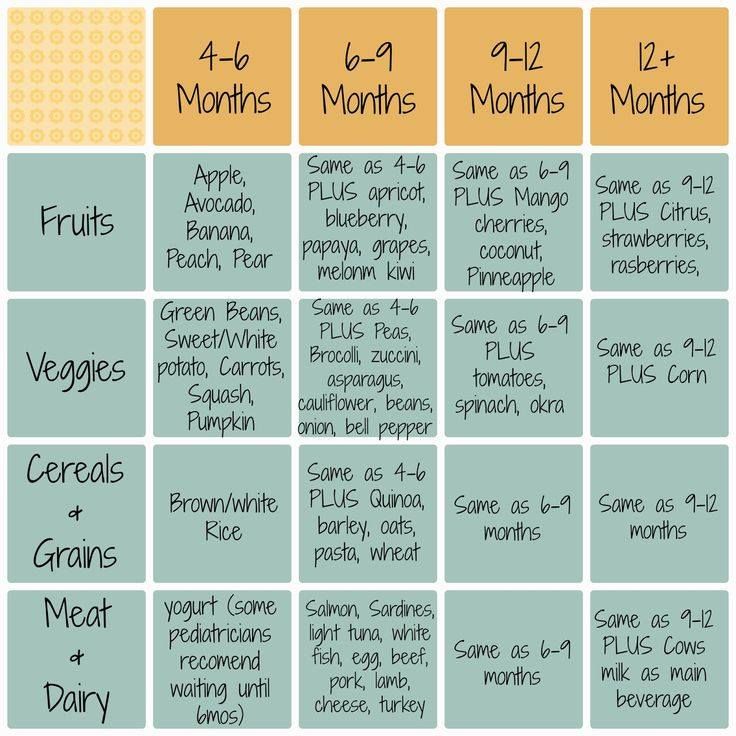 So try serving boiled egg with mild flavorings like pepper, cumin powder, ajwain and salt.
So try serving boiled egg with mild flavorings like pepper, cumin powder, ajwain and salt.
Suggestions from experienced mothers are welcome and highly appreciated to enhance this page.
Disclaimer: Please check with a pediatrician before you follow any of the tips or foods mentioned in this post.
My Heartfelt Thanks to all the Readers who have been consistently sharing with us their personal experiences with their babies, this has helped many new mothers to understand the baby food patterns and other food related issues.
Wishing a Wonderful Motherhood to all the MUMS
15 Foods to Make Baby Gain Weight – Cafe Baby®
- by Jeannie Marrugo
- Mar 10, 2022
If you need to add foods to Baby’s diet to help them in gaining weight, be sure to add these to your grocery list or to your next Café Baby order. Sometimes every extra calorie counts in their tiny bellies.
If your child needs to be on high calorie fortified infant formula or breast milk, please talk to your pediatrician first.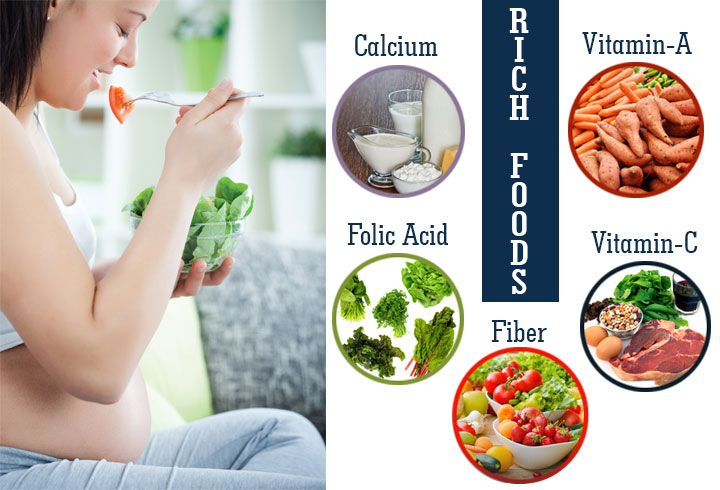 You need to know the right recipe to prevent an excess intake of nutrients to prevent constipation and dehydration.
You need to know the right recipe to prevent an excess intake of nutrients to prevent constipation and dehydration.
1. Avocado
Avocados are a sugar-free healthy choice that contributes 2.5 grams of monounsaturated fat and 0.5 gram of polyunsaturated fat per 25-gram serving to Baby's diet.
2. Kidney Beans
Kidney beans are a plant-based protein, or non-heme iron source, rich in most B-vitamins, fiber and omega-3 fatty acids. They also contain two that are commonly deficient in babies: folate and iron.
3. Eggs
Not only are eggs a prime source of the best-quality proteins after breast milk, but one egg contains thirteen essential minerals like copper, zinc, selenium, calcium, iron, cholesterol, fat, fatty acids, and vitamins like vitamin D, B12, E, choline and folate.
4. Bananas
Bananas are loaded with nutrients like potassium, calcium, magnesium, iron, folate, niacin, and vitamin B6 and can help babies gain weight by increasing calorie density.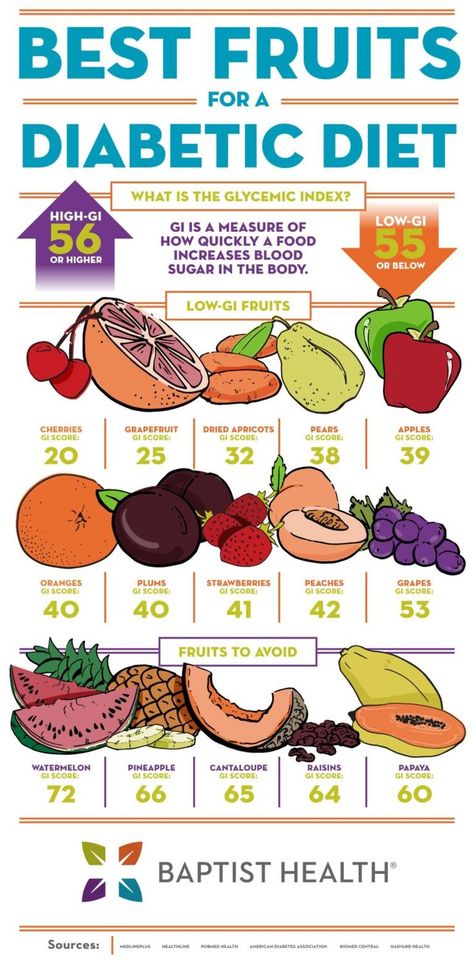
5. Mango
Mangoes are rich in fibres and digestive enzymes, which means Baby won't have any trouble going number two. Mangoes are very low in fat but contain lots of good calories which can help Baby gain weight.
6. Lentils
Lentils are low in sodium and saturated fat, and high in potassium, fiber, folate, and plant chemicals called polyphenols that have antioxidant activity.
7. Ground Meat
Did you know it's important to add iron- and zinc-rich foods to Baby's diet? At about six months of age, Baby starts to run out of their natural iron stores that they were born with. Ground meats are an important source of heme iron, which is more easily absorbed into the body than non-heme iron (plant-based protein).
8. Whole Milk Yogurt
The best option is plain, unsweetened, pasteurized yogurt (regular or Greek) made from whole milk and containing "live cultures." Yogurt made from whole milk is best for Baby because they need the calories and fat in full-fat dairy products.
9. Full-fat Cottage Cheese
Cottage cheese has plenty of healthy fats and protein, plus some B vitamins, calcium, selenium, and zinc. To avoid loads of salt, look for options that are:
- Pasteurized
- Low in sodium (ideally less than 100mg sodium per serving)
- Made from whole milk
- Without added preservatives or sugars
10. Mashed Sweet Potato
Sweet potatoes provide nothing but good calories, making it a healthy food option for Baby. The high amount of calories in sweet potatoes help in weight gain and physical development in children.
11. Mashed Potatoes
Potatoes might be mostly white, but that doesn’t mean they don't contain nutrients. They are are a source of fiber-rich carbs, which are one of the best sources of fuel for Baby’s brain.
12. Mashed Butternut Squash
The Omega-3 fats that are found in butternut squash are present in the form of alpha-linolenic acid, and this is what helps to reduce inflammation.
13. Peanut or Almond Butters
Nut butters can be a source of fibre, protein and healthy fats, as well as minerals such as magnesium, calcium, iron and vitamin E. If you're worried about food allergies, check out our blog series about starting solids and allergies.
14. Fresh Goat Cheese
Fresh goat cheese has lots of protein and healthy fats, plus calcium, copper, iron, and vitamins A, B2, and B6—essential nutrients to power your baby’s growth. When selecting goat cheese for Baby, look for a cheese that is:
- Pasteurized
- Low sodium (less than 100mg per serving)
- Whole fat
15. Cooked Quinoa
Quinoa is a good source of calcium, iron, potassium and magnesium. It's also a great source of Omega 3, 6, 9 fatty acids, which are good for Baby's brain and eye development.
View this post on Instagram
A post shared by Cafe Baby® Fresh Baby Food (@cafebabytogo)
Sources:
https://patient.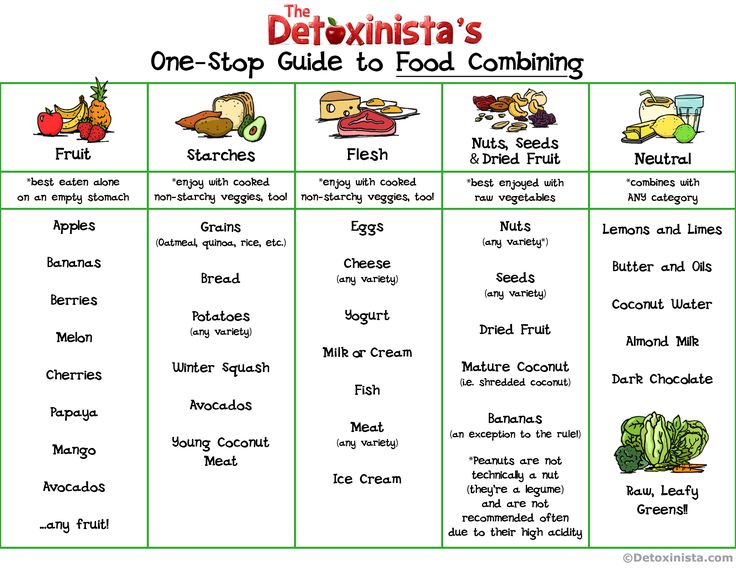 uwhealth.org/healthfacts/343
uwhealth.org/healthfacts/343
https://solidstarts.com/foods/kidney-beans/
https://parenting.firstcry.com/articles/banana-for-babies-when-to-introduce-health-benefits-and-more/#How_Much_Banana_Can_a_Baby_Eat_in_a_Day
https://parenting.firstcry.com/articles/mango-for-babies-health-benefits-and-recipes/#Nutrition_Facts_of_Mango
https://www.hsph.harvard.edu/nutritionsource/food-features/lentils/
https://newwaysnutrition.com/babies/meat-baby/
https://solidstarts.com/foods/cottage-cheese/
https://parenting.firstcry.com/articles/sweet-potato-for-baby-benefits-and-recipes/#Nutritional_Value_of_Sweet_Potato
https://parenting.firstcry.com/articles/butternut-squash-for-babies-health-benefits-and-recipes/#Nutritional_Value_of_Butternut_Squash
https://www.whattoexpect.com/first-year/baby-feeding/when-can-babies-eat-potatoes#benefits
https://www.srnutrition.co.uk/2021/04/peanut-butter-for-babies-when-to-introduce-it-and-which-type/
https://solidstarts. com/foods/goat-cheese/
com/foods/goat-cheese/
https://www.momjunction.com/articles/is-quinoa-safe-for-babies_00120055/
90,000 how to help them develop?The birth of a small child is not uncommon today. Often, such babies are born on time or a little earlier, but due to a lack of weight, they can significantly lag behind their peers in development. Pediatricians and neuropathologists closely monitor the child's condition, because a child's body weight deficiency is a risk factor for changes in the neurological status, functional disorders of the cardiovascular and autonomic nervous systems. But because of their weakness, underweight children do not eat well, and the rate of weight gain in children born with low body weight determines their further physical and psychomotor development and the formation of the immune system.
How much should a newborn gain in weight?
To assess the development of your child and the compliance with the norm of the main indicators (height, weight), you can contact a pediatrician or independently - according to existing tables. In the first months, the child is actively growing, adding up to 25-60 grams per day. Small children with adequate nutrition can increase body weight more intensively than their peers. For the first month of life, children should gain up to 1.3-1.7 kg. After 5-6 months of life, the intensity of weight gain decreases somewhat - in 30 days, the increase can be only 400-700 grams.
In the first months, the child is actively growing, adding up to 25-60 grams per day. Small children with adequate nutrition can increase body weight more intensively than their peers. For the first month of life, children should gain up to 1.3-1.7 kg. After 5-6 months of life, the intensity of weight gain decreases somewhat - in 30 days, the increase can be only 400-700 grams.
The length of the child's body during the first month increases by 4-7 cm, and after 5-6 months of life, growth is added less intensively - by 2-3 cm. But parents should understand that these figures are approximate. Each child is individual. Its weight and height depend on many factors: heredity, the quality of the mother's nutrition, the state of health of the newborn, the severity of childbirth.
Why is the child not gaining weight well?
The main cause of underweight in the neonatal period is the baby's refusal to breastfeed. Small children have poor appetite and spend most of the day sleeping.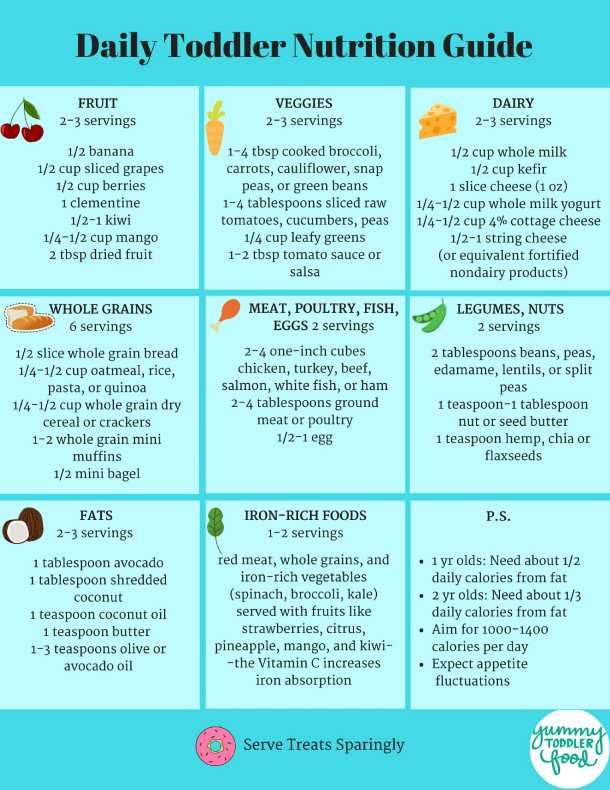 Often, parents have to wake up the child for a long time, and after a few minutes of sucking on the breast or a bottle of formula, the newborn falls asleep again. Children are especially sleepy, in whom pronounced physiological jaundice was observed in the first days of life.
Often, parents have to wake up the child for a long time, and after a few minutes of sucking on the breast or a bottle of formula, the newborn falls asleep again. Children are especially sleepy, in whom pronounced physiological jaundice was observed in the first days of life.
As a result, after the next weighing, the doctor can tell the mother that the newborn has not gained weight at all or the increase is insignificant. If the situation does not improve for several months, the mother and baby may be hospitalized for a comprehensive examination and tube feeding in a hospital setting.
Sometimes the cause of low weight gain lies in non-compliance with breastfeeding tactics. Pediatricians recommend applying the baby to only one breast during feeding so that it sucks out the "hind" milk, which is of particular energy value and rich in nutrients. Due to their inexperience, mothers offer both breasts to newborns. In this case, the child sucks the upper milk without making any effort and quickly falls asleep, slightly satisfying his hunger.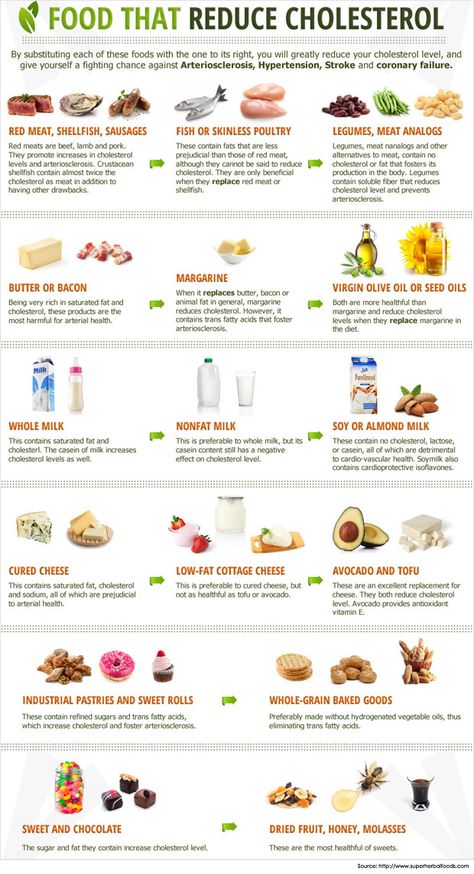
If the baby has had an infectious disease, has been ill for a long time, suffered from a high temperature or an intestinal disorder, then the monthly weight gain may be significantly less than usual. In this case, the timing of the introduction of complementary foods is also shifted, and during the period of illness, in general, many children practically refuse to eat, which is reflected in their weight. Parents should actively communicate with the pediatrician, if necessary, ask him questions of interest and adhere to all recommendations.
How to help a child gain weight and catch up with his peers in his development?
If you are breastfeeding, pay special attention to your diet. Drink as much liquid as possible: low-fat milk, compotes, hypoallergenic juices. Your diet must include boiled or baked meat. Take extra vitamins (as advised by the doctor). Breastfeed your baby immediately after waking up, when he is active, in a good mood and does not want to sleep.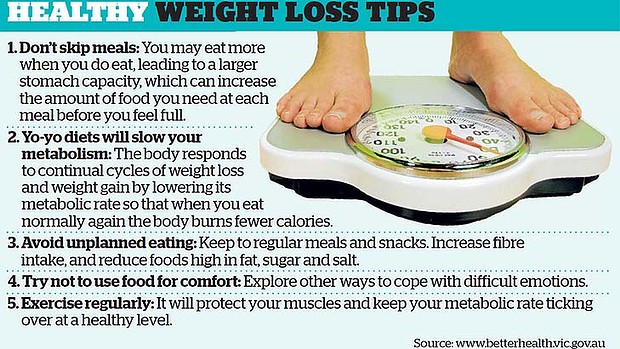
But sometimes women's milk is produced in insufficient quantities or the baby does not have enough strength to suck it out. In this case, it is necessary to start supplementing with special infant formula as soon as possible. For children prone to allergic reactions, special hypoallergenic products are intended, which can be bought at a pharmacy, having previously discussed the mixture option with a pediatric nutritionist or pediatrician. Small babies are not adapted to intensive sucking, so the nipple on the bottle must be soft and pliable so that the child can fill up without problems.
In addition, in order to increase the rate of weight gain and, accordingly, for the proper growth and development of the child, it is recommended to give courses of preparations containing L-carnitine (levorcarnitine), an essential vitamin-like substance that has anabolic properties and has proven itself to normalize body weight in case of its deficiency. In addition, by increasing the secretory and enzymatic activity of gastric and intestinal juices, appetite and digestion improve.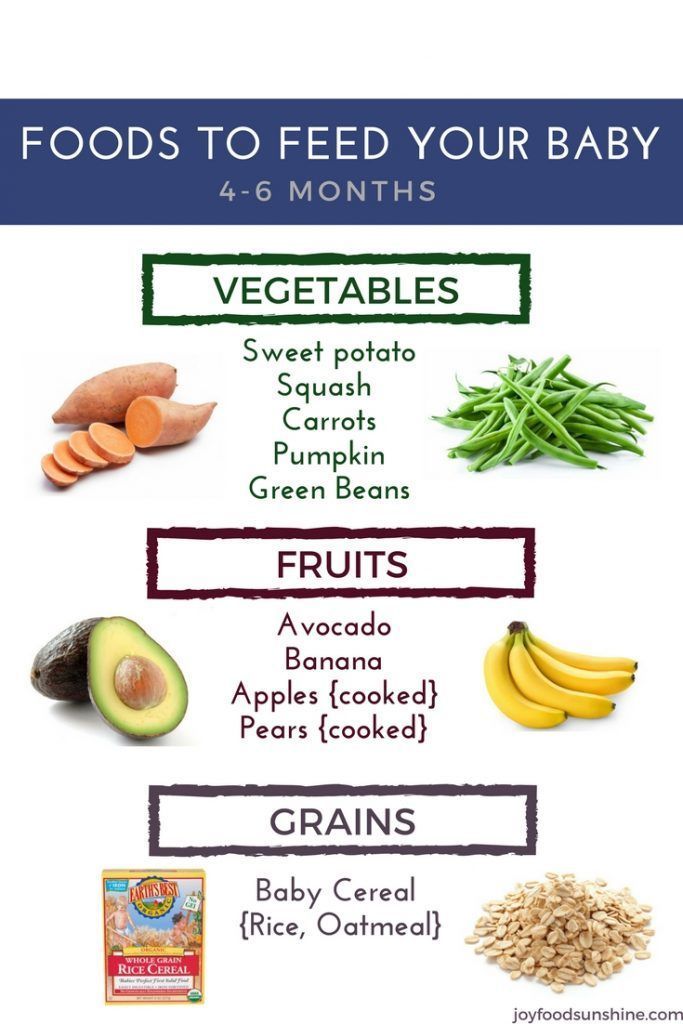 One of these drugs is Elkar, containing an aqueous solution of L-carnitine. Elkar is included in the "National program for optimizing the feeding of children in the first year of life" as a means of correcting malnutrition of the II degree.
One of these drugs is Elkar, containing an aqueous solution of L-carnitine. Elkar is included in the "National program for optimizing the feeding of children in the first year of life" as a means of correcting malnutrition of the II degree.
In children, in contrast to the adult body, where levocarnitine is among the substances produced, the synthesis of this compound covers only 1% of the required amount. Of course, the required amount of L-carnitine is found in breast milk, but if natural feeding is impaired or impossible, the drug must be added to the diet.
In underweight children, psychomotor development is often retarded, which can subsequently manifest itself in the form of speech defects, instability of the nervous system. Elcar improves the energy supply of brain activity, which will help to avoid or reduce the degree of development of functional failure in various areas of the child's neuropsychic response (motor, emotional-motivational, vegetative, cognitive spheres).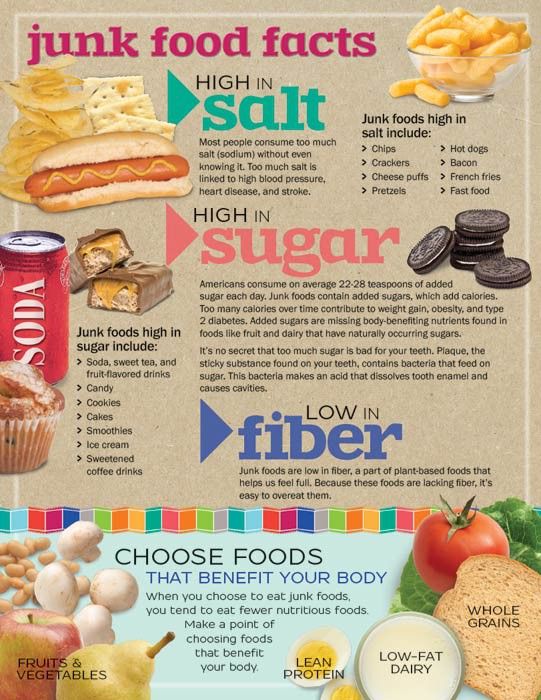
Another very important point: levocarnitine improves immunity, which is vital for small children, since almost all of them are predisposed to the development of infectious diseases.
The rate of weight gain is influenced by many external and internal factors. The task of parents is to help the crumbs get stronger as soon as possible. Walk more with your child in the fresh air so that his body receives the necessary amount of oxygen. And don't forget to visit your pediatrician. Small children need professional medical supervision and the attention of loved ones.
Overweight in children and healthy eating
Overweight in children is a concern for more and more parents. How to lose weight for a child at 10 - 12 years old? It is clear that weight loss on diets is contraindicated for children, and we should talk about weight loss through proper nutrition. Is it possible to organize healthy meals at school or will you have to limit yourself to healthy snacks taken with you? What do they eat on proper nutrition at home? How to teach a child to choose healthy food in restaurants and at a party? Nutritionist-endocrinologist Irina Viktorovna Khromova will help answer these questions.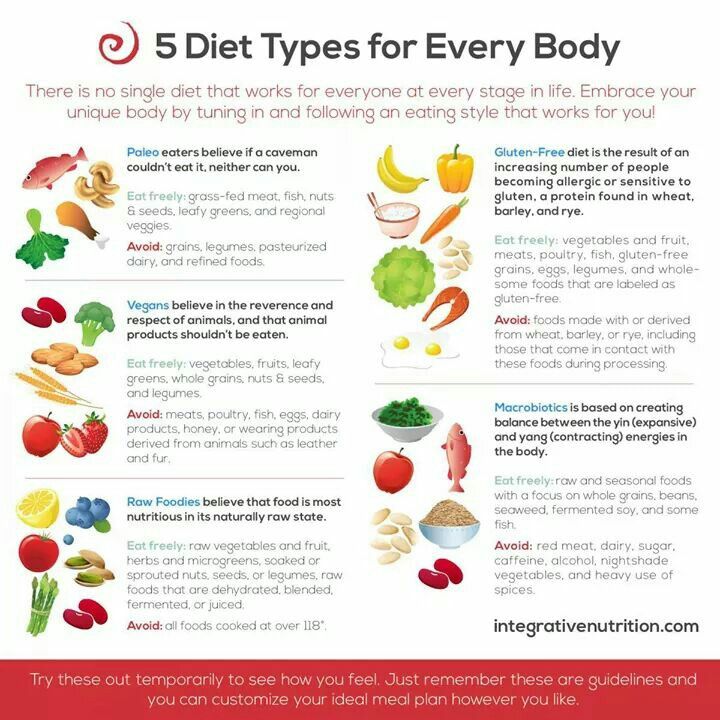
- Irina Viktorovna, what to feed the parents of the child at home, so that there are no problems with excess weight in the future?
- Providing proper nutrition in your own home is easy enough for parents. To do this, you just need to stop buying industrially processed products, such as sausages, sausages, canned food, cereals, muesli, sweets, sauces, juices.
It is necessary to switch to the use of natural products: meat, poultry, fish, vegetables, fruits, natural dairy products, whole grain cereals, whole grain bread, eggs, greens - and be sure to cook at home yourself.
I recommend that parents prepare lunch and breakfast together with their child, and it will be enough to dedicate one day a week to this. Usually children of primary school age are happy to cook with their parents. Keep in mind that the goal is not so much to teach a child how to cook, but to develop healthy eating skills in him, so during the cooking process, explain why you chose this particular dish, what is useful in it, and also what ingredients it includes, how to use them correctly cook and what else you can do with them.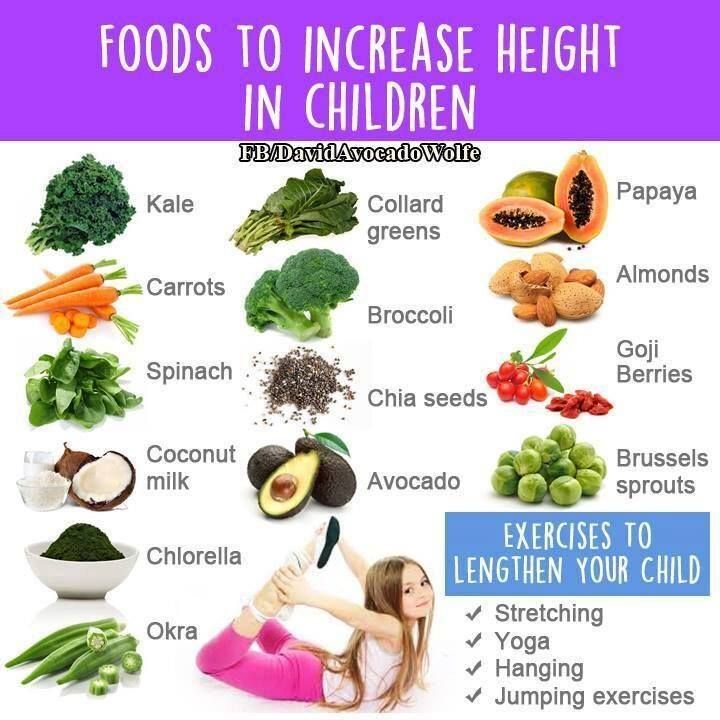
If such workshops are held weekly, then the child will learn how to cook properly and tasty, he will form the habit of cooking at home, and not eating what is sold in store packages. Your lessons, especially information about the usefulness of different products, will remain with him for life.
If your child is of middle or high school age and is not interested in cooking with their parents at home, there are plenty of opportunities to learn how to cook properly in a cooking class. In addition, now many restaurants offer master classes, and many of the young creative chefs try to follow the principles of a healthy diet using a minimum amount of fat and simple carbohydrates. By the way, you can attend such master classes with the whole family.
Many parents complain that they don't have enough time to cook, of course, it's much easier to go to a fast food place and have a quick meal or buy takeaway food, saving yourself from standing at the stove and washing dishes. But such food will not add health, and the weight will gradually grow. If parents are very busy, I advise you to get home kitchen helpers: you can entrust cooking porridge for breakfast to a slow cooker, and meat, fish, poultry or various casseroles to a microwave.
But such food will not add health, and the weight will gradually grow. If parents are very busy, I advise you to get home kitchen helpers: you can entrust cooking porridge for breakfast to a slow cooker, and meat, fish, poultry or various casseroles to a microwave.
- If parents have doubts about meals at school, is it possible to change the menu offered to children?
- Proper nutrition at school is more difficult, but still possible.
Often the school administration allows parents to visit the cafeteria and canteen and see what the children are fed. If your school does not have such a tradition, ask the class teacher about what is usually served for breakfast, lunch, and afternoon tea. Is the food prepared at the school or is it delivered? If they bring it, do they warm it up? And which plant prepares it?
Together with other parents and representatives of the school, you can go to this factory and express your wishes regarding what dishes you would like to see more often in the diet of children (vegetable side dishes, vegetable salads, boiled potatoes, cottage cheese dishes, vegetable soups, chicken breast, fish), and which ones could be removed from the daily menu (too sweet porridge, semolina, pancakes and pancakes with jam, sausages and sausages). Remember that the health of your children is in your hands, and it depends to a large extent on nutrition.
Remember that the health of your children is in your hands, and it depends to a large extent on nutrition.
If the majority of parents are satisfied with school meals and do not want to change anything in it, it will be difficult to convince them of the need for change. But you can reach out to them if, for example, you invite a dietitian to a parent meeting to talk about what healthy school food means, what problems a child may face in the future if he does not eat right from childhood. Perhaps such a lecture will lead many mothers and fathers to reconsider their views on the diet of their children and strongly demand that they be fed in accordance with the rules of healthy eating.
As a last resort, together you can get some other food company to serve the school and discuss the daily menu for the children with them in advance. This is exactly what parents did at the school where my children studied.
- But what to do if the food in the school cafeteria leaves much to be desired, and most parents do not want any innovations?
- In this case, parents have no choice but to provide their child with individual nutrition: give him the right snacks for school or teach him to choose what is healthy in the school cafeteria.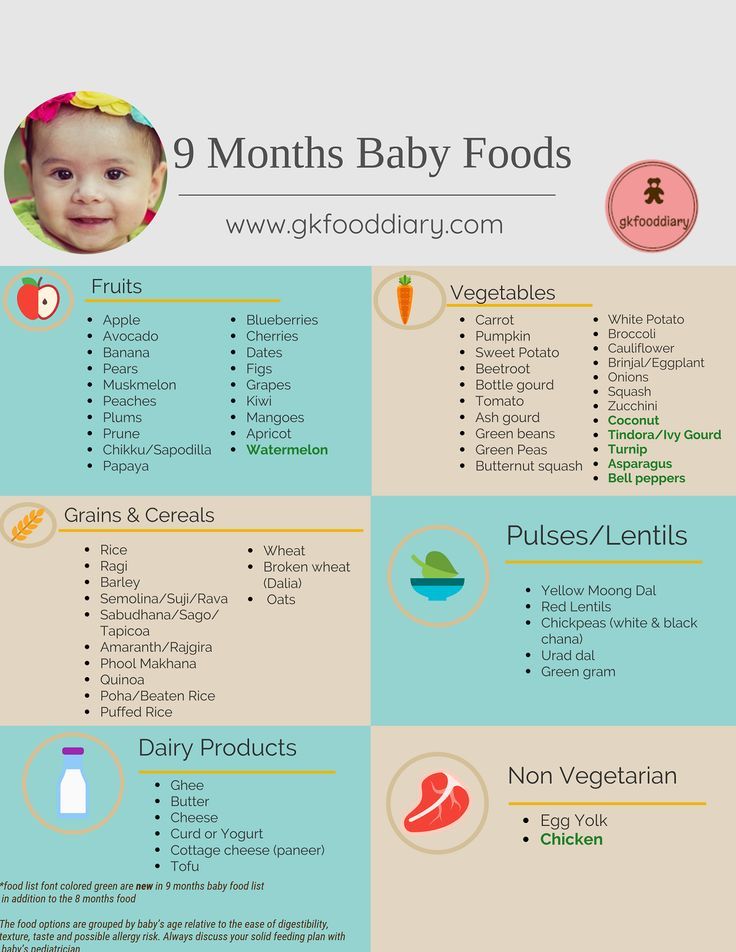
If you choose the first option, keep in mind that your child still has to go to the school cafeteria for lunch, as it is unlikely that he will be able to carry both soup and the second with him and warm them up at school. Hot dishes, albeit not quite suitable, must certainly be present in the student's lunch menu.
The second option is less reliable. The fact is that until about 14-15 years old, the child simply does not understand why on earth he should deny himself pleasure today for the sake of a mythical tomorrow. Therefore, it is good if you can organize a nutritionist's conversation not only with parents, but also with children in the classroom. In such a lesson, the doctor could explain to the students what foods and foods to avoid in order to maintain health, and what must be eaten every day.
School canteens are a separate issue. As a rule, they sell sweet soda, packaged juices (a source of additional sugar), sweets and chocolates, chips and sweet yogurts, pizzas (a bun with cheap fatty sausage, ketchup, mayonnaise and cheese), buns and cakes, sausages in dough, sandwiches with the same fatty cheap semi-smoked sausage combined with butter. All this is sold in the cafeteria of the school where my sixth-grader son studies. Did you find anything useful among these products? Me not.
After discussing this issue with the parents at the school meeting and administration, you may be able to get the school cafeteria to sell healthy snacks such as fruit, cottage cheese (no sugar or additives), fermented milk products, whole grain bran buns, whole grain breads, and crackers, dried vegetables and fruits instead of chips, dried unsalted nuts, proper sandwiches (from whole grain bread, without mayonnaise and fatty spreads, with vegetables and herbs, cheese and cottage cheese, chicken and boiled meat).
- Irina Viktorovna, what is better to order in cafes and restaurants?
- If you are going to spoil your child and go out to eat with him, then in this case you should not forget about the rules of healthy eating. Always choose a good restaurant or cafe where you can have a normal lunch, and not just a cup of coffee with something sweet.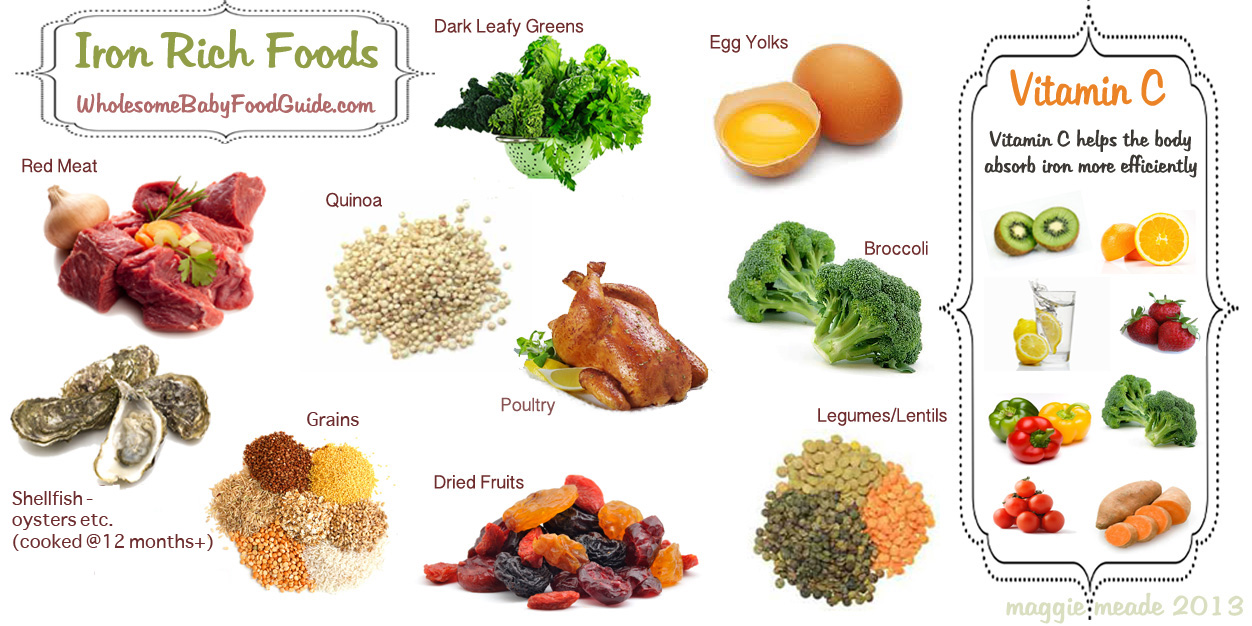 Let these be restaurants where you can be offered several options for soups (including vegetable ones), where meat and fish are grilled, steamed or baked, where there is a large assortment of dishes from vegetables and herbs and there are fruit and berry salads and desserts.
Let these be restaurants where you can be offered several options for soups (including vegetable ones), where meat and fish are grilled, steamed or baked, where there is a large assortment of dishes from vegetables and herbs and there are fruit and berry salads and desserts.
Avoid going to fast food establishments with your child. By the way, the very concept of "fast food" for doctors does not mean fast service, but food that is digested as quickly and easily as possible, quickly increases blood sugar and leads to the accumulation of extra pounds.
If you want to try some national dishes, go, for example, to a Georgian restaurant with a large assortment of lean meat, fish, vegetables and herbs, or to a seafood restaurant with Mediterranean cuisine (but avoid Italian dishes such as pizza and pasta in a hearty fatty sauce!). Foods that promote weight gain are usually served in restaurants of American, Korean, Chinese, Uzbek, Ukrainian cuisine.
Always read the menu very carefully and order the most healthy meals for you and your child.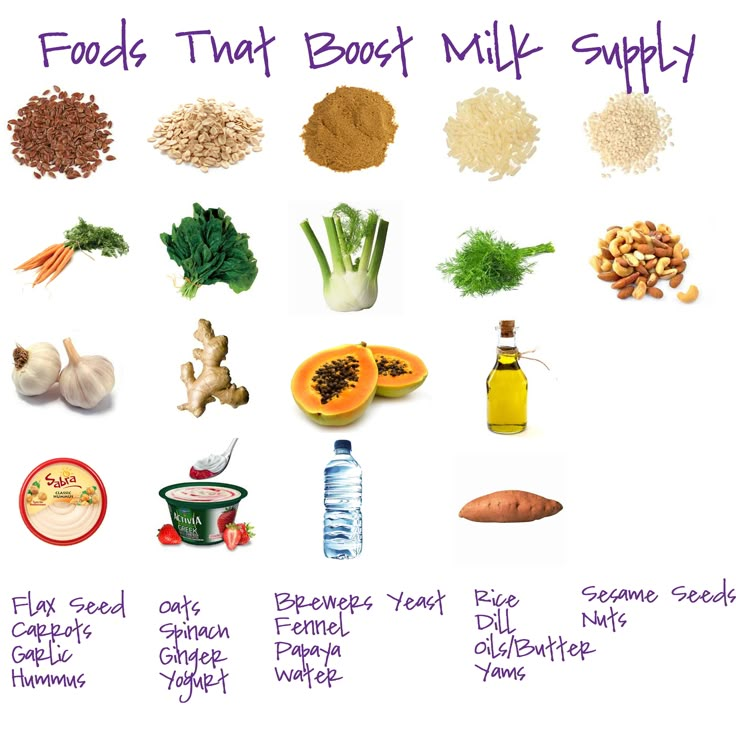 If the child is still small, you should not let him make a choice on his own - this way he will quickly get used to what exactly should be ordered in a particular restaurant, and in the future he will not have to think and doubt.
If the child is still small, you should not let him make a choice on his own - this way he will quickly get used to what exactly should be ordered in a particular restaurant, and in the future he will not have to think and doubt.
And if the child is big enough and wants to order by himself, then just tell us why you choose these dishes for yourself and not others; help him in his choice, but do not press, but advise and explain. You may not be able to convince your child of the need to order healthier food the first time. But sooner or later, the explanations will definitely work, and your son or daughter will follow your recommendations. The main thing is that you yourself make the right choice - then the child will gradually learn this from your example.
- Irina Viktorovna, how to behave at a party if parents were invited with children?
- Usually guests are invited on some solemn occasions, such as birthdays, New Year, March 8th, etc. Let the child fully celebrate this event with everyone at the festive table - do not force him to strictly observe the principles of rational nutrition at a party , let him have some goodies (pies, cakes, sweets).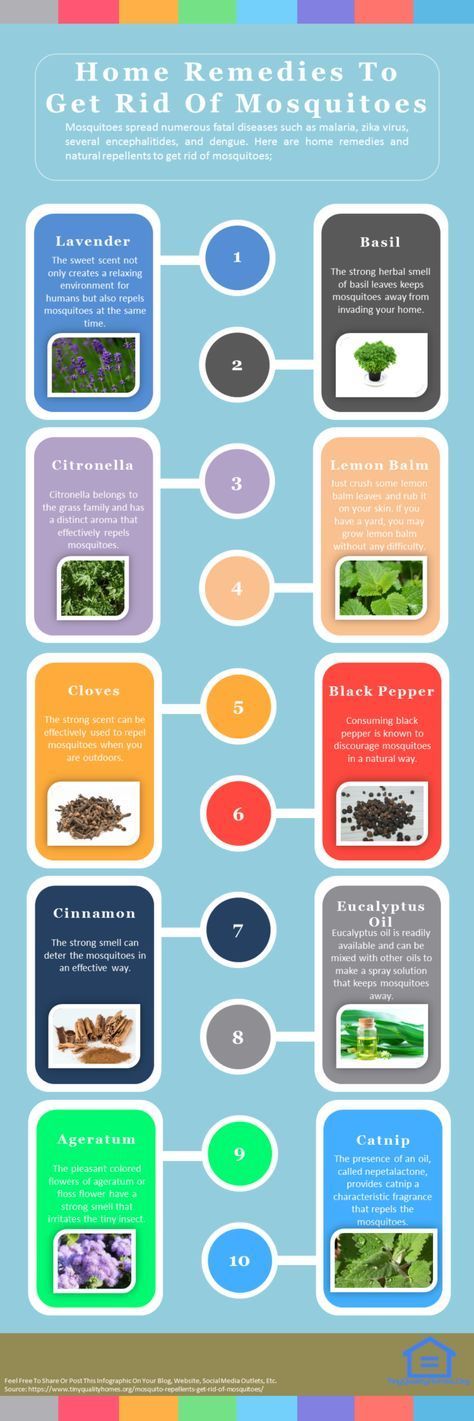 Otherwise, you will spoil the mood for him, for yourself, and for those around you.
Otherwise, you will spoil the mood for him, for yourself, and for those around you.
But there are a few things you can influence. Imagine that your child is going to your friend's son or daughter's birthday party. In this case, you can certainly discuss with her in advance what will be on the festive table, perhaps together adjust the menu so that it includes more fruits and healthy desserts.
And why not help the housewife organize some outdoor games or dances for the children? Previously, parents did not hire animators, independently coping with the role of home entertainers: they came up with various outdoor games for their children and their guests, including outdoor games, with fun contests and funny prizes.
But if your child goes to his friend's birthday party without you, and besides, you don't know the birthday boy's parents, then you should talk to your daughter or son about how to behave at the table. Explain that you should not pounce on sweets, eat a few pieces of cake or pizza.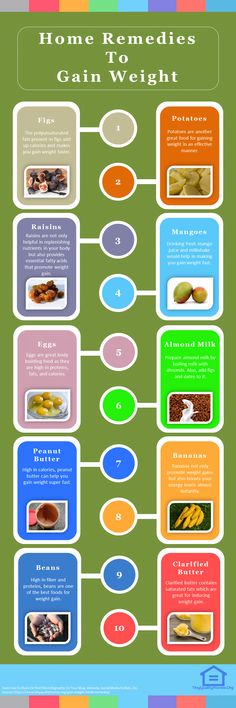 And do not let the child go hungry - shortly before leaving, feed him a normal lunch. Thus, a lot of harmful sweets simply “will not fit” into it.
And do not let the child go hungry - shortly before leaving, feed him a normal lunch. Thus, a lot of harmful sweets simply “will not fit” into it.
Of course, the best option, especially if the child is still small, is a joint visit. In this case, try to unobtrusively control what and how much your child eats. If possible, fill his plate with healthy foods.
Be sure to respond if you see that the child has not forgotten your advice and tried to limit himself in eating harmful goodies. Praise him after the holiday, support him, say that you are proud of him and that he is a great fellow. Not every adult is able to control himself at the festive table, and for children this is many times more difficult.
By the way
- Irina Viktorovna, what are the symptoms of overeating?
- Most importantly, it is necessary to find out the signs of this disorder in order to take timely measures and not bring the situation to obesity.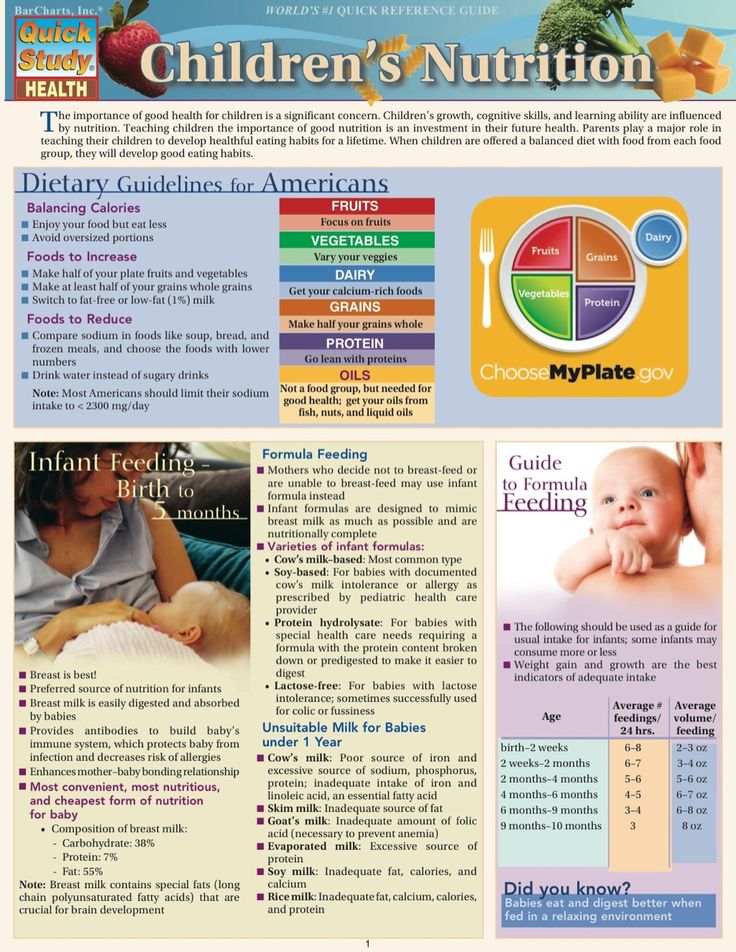
I will name the main symptoms of overeating:
- Weight gain or constant fluctuations in weight.
- Sleep disturbance. After overeating, it is difficult for the body to fall asleep, because the digestive processes continue.
- Failure of the gastrointestinal tract, a feeling of discomfort (increased gas formation and bloating).
- Absorption of food at any time, even in the absence of hunger.
- Eating more food while maintaining the same daily routine and lifestyle.
- Uncontrolled eating, for example, when watching TV or reading. Distractions not only prevent you from enjoying the aroma and taste of food, but also make it difficult to determine the moment of satiety.
- Depression resulting from the above symptoms of overeating.
- Nutritionists also distinguish such psychological manifestations of gluttony as the desire to eat alone, an inner sense of guilt and dislike for oneself.
Note
Consequences of overeating
- The danger of overeating is so serious that all doctors insist that one should get up from the table with a slight feeling of hunger.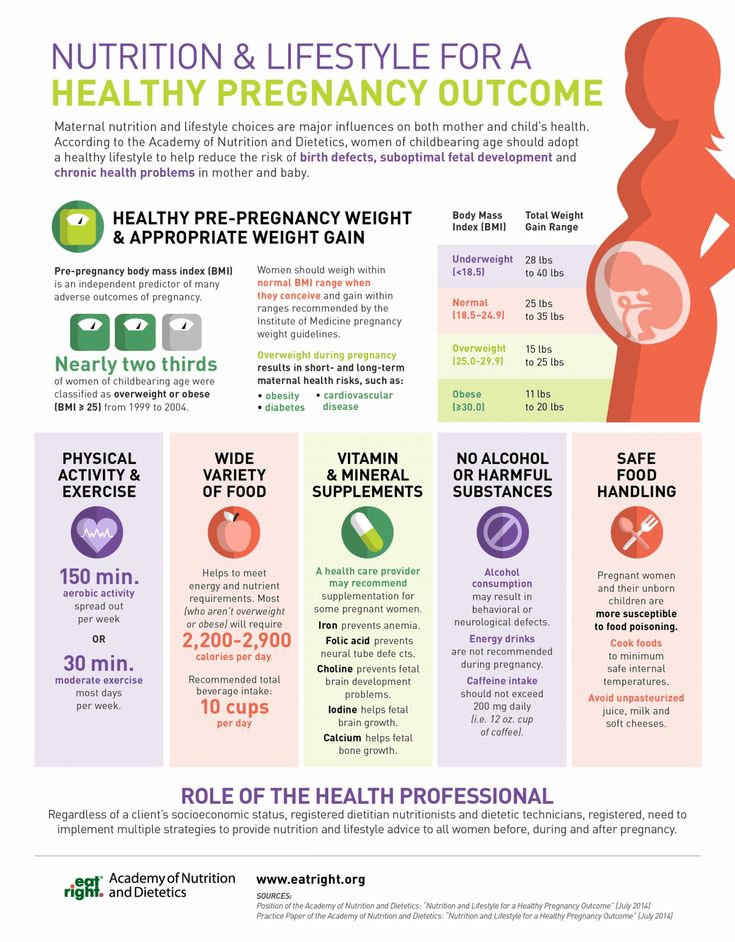 Otherwise, metabolic disorders will not keep you waiting, which will affect the work of all internal organs.
Otherwise, metabolic disorders will not keep you waiting, which will affect the work of all internal organs.
The first effects of overeating hit the heart. The weight of a person grows, and with it all the organs increase, so the heart has to saturate a larger space with blood. Heart contractions increase, and the muscular walls of the human "motor" thicken. As a result, hypertension and pressure problems occur.
The second organ that suffers after overeating is the liver. When it exceeds the amount of necessary fats, it becomes their direct source. Almost all body cells are filled with fat. This seriously affects not only the liver and heart, but also the intestines - the entire intestinal tract suffers. Increasing cases of diseases such as cholecystitis, gastritis, colitis and chronic pancreatitis.
Another consequence of overeating is a violation of the hormonal cycle due to thyroxine deficiency.
It is also worth noting that excess weight is an additional burden on the spine and joints, which wear out ahead of time.